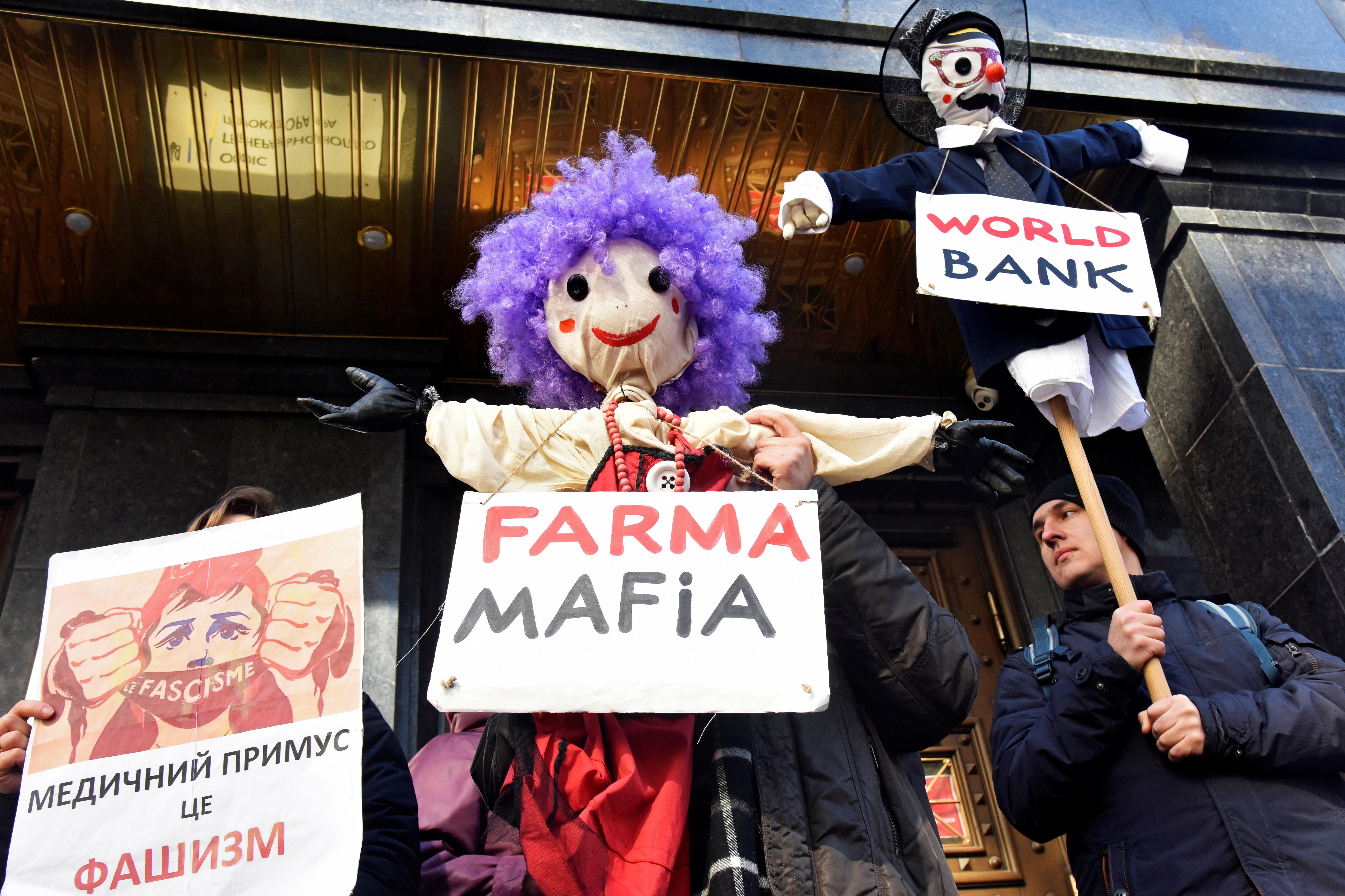Hard Numbers: Ukrainian vaccine skepticism, another Ivory Coast PM dead, India's COVID spike, Myanmar junta accuses Suu Kyi of corruption
23,000: Misinformation about COVID is responsible for high levels of vaccine skepticism in Ukraine, one of the most vaccine-hesitant countries in Europe. Ukrainian health authorities say this in part explains the sluggish vaccine rollout, whereby just 23,000 jabs have been given in the nation of 42 million, and many vials remain unused.
2: Ivory Coast's Prime Minister Hamed Bakayoko died Wednesday in Germany, where he was receiving cancer treatment. Bakayoko is the country's second PM to die in less than eight months after Amadou Gon Coulibaly died suddenly last summer, upending Ivorian politics just before he was slated to run for president.
22,854: India has recorded its highest daily COVID caseload since December, recording 22,845 cases on Wednesday alone, as deaths have also been rising in recent weeks. Health authorities say that increased social gatherings and pandemic fatigue are partly responsible for the surge, while less than 2 percent of the population has received a single vaccine dose.
600,000: Myanmar's military rulers have accused deposed leader Aung San Suu Kyi of illegally accepting $600,000 in cash and hundreds of thousands of dollars worth of gold — though the generals provided no proof for the charges. The corruption allegations against Suu Kyi are the most serious since last month's military coup, and come as the junta launches a brutal crackdown on pro-democracy protesters.